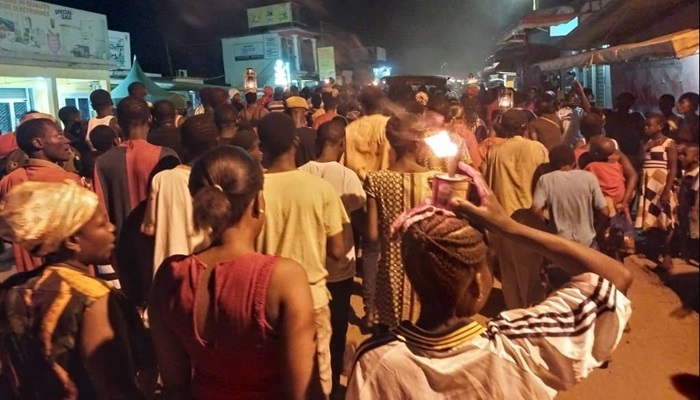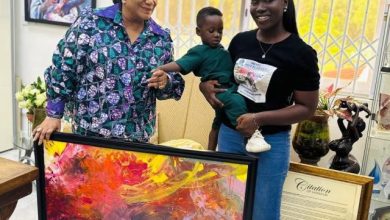People of Plau urged to cherish Plau Kane festival

Mr. Francis Opai Tetteh, the Chairman of the Plau Kane Planning Committee, has urged natives of Plau in the Yilo Krobo Traditional Area to cherish the Plau Kane festival as a heritage from their forefathers.
Mr. Tetteh said the people traditionally known to be the right-wing of the military must use the festival to sell their culture and their inspiring and insightful history to the world.
Speaking about the festival, he said the people of the Plau lineage could be found in both the Lower and Upper Yilo Krobo areas, adding that the Plau communities were located within the heart of Somanya for the Lower while the Upper has a significant number of communities such as Aboabo near Koforidua in the Eastern Region, Klo-Akwapim, and Klo-Begoro, among others.
He said the history behind the festival had to do with the fact that Plau (Somanya) was the first community to be connected to the national electricity grid in the post-independence era.
“Therefore, at night, when streetlights are turned on, the Plau community assumes aesthetic looks. The lights attracted men and women, young and old, educated and simple, from places like Sawere, Adjikpo, Okornya, Sra, Ogome, and Trom to the Plau Kane or Plau light,” he explained.
The committee chair added that with time, Plau became known as a place of glowing lights that darkness has no power over, adding that the leaders of the area over the years took calculated steps to immortalise the concept of Plau Kane.
He noted that currently, the traditional leaders had taken steps to turn the Plau Kane slogan into a colourful festival, which is characterised by cleanup and tree planting exercises, cultural nights, and the Plau Kane procession with people carrying lamps and other sources of light on their heads and processing through the streets of the communities.
Mr. Tetteh added that the festival, which is observed annually at the end of March, is climaxed with a grand durbar of chiefs to show the rich culture of the people, with this year’s edition being celebrated on the theme: “Re-inventing the Spirit of our Ancestors: our People, our Story, our Culture, our Heritage, Celebrating Us.”




